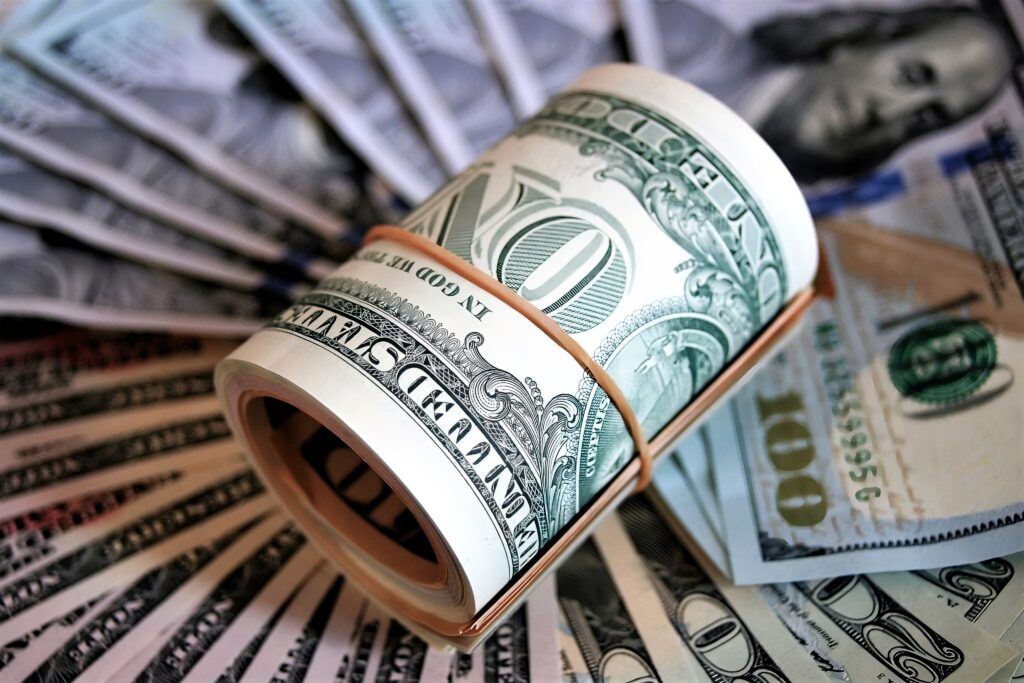Understanding the Implications: Forex Reserves Surge by $12 Million to Reach $8.1 Billion

Understanding_the_Implications_Forex_Reserves_Surge_by__12_Million_to_Reach__8.1_Billion-transformed
Introduction
In the ever-fluctuating world of global finance, the movement of forex reserves is closely watched by economists, investors, and policymakers alike. A recent development has caught the attention of financial circles: a substantial rise of $12 million, bringing the total forex reserves to $8.1 billion. In this article, we’ll delve into the significance of this surge, its implications for the economy, and what it could mean for the future.
What Are Forex Reserves?
Forex reserves, short for foreign exchange reserves, are a crucial component of a country’s economic arsenal. These reserves consist of foreign currencies, gold, and other valuable assets that are held by a nation’s central bank. They serve as a buffer to stabilize the national currency, manage balance of payments, and ensure liquidity in times of economic uncertainty.
The $12 Million Surge: An Analysis
The recent surge of $12 million in forex reserves to a total of $8.1 billion has sparked discussions among financial experts and analysts. This increase can be attributed to various factors, each playing a unique role in shaping the forex landscape.
Export-Import Dynamics: A boost in exports and controlled imports can lead to an accumulation of foreign currencies, contributing to the rise in forex reserves. A favorable trade balance is often a catalyst for such growth.
Foreign Investment Inflows: Increased foreign investment, particularly in sectors like manufacturing, technology, and services, can lead to an influx of foreign currency, thereby bolstering forex reserves.
Remittances: Countries with significant diaspora populations often receive substantial remittances, which add to their forex reserves. These funds are crucial for stabilizing the economy and maintaining currency value.
Monetary Policy Management: Central banks strategically manage their forex reserves to influence currency values and maintain stability. Purchasing foreign currencies can help manage exchange rate fluctuations.
Global Economic Environment: Economic conditions in major trading partners and global markets can impact a nation’s forex reserves. Stronger economic performance abroad can lead to higher export demand and increased reserves.
Implications for the Economy
The surge in forex reserves can have far-reaching implications for the domestic economy:
Currency Stability: A healthy level of forex reserves acts as a cushion against currency depreciation. This stability is crucial for trade, investment, and overall economic growth.
Foreign Debt Management: Forex reserves can be used to service foreign debt obligations, reducing the risk of default and maintaining a favorable credit rating.
Economic Confidence: A robust forex reserve position instills confidence in investors, indicating a country’s ability to weather economic shocks and uncertainties.
Trade Negotiations: Strong forex reserves provide negotiating power in international trade agreements, contributing to favorable terms and conditions.
Emergency Situations: Forex reserves serve as a lifeline during times of crisis, enabling a country to meet essential import needs and stabilize the economy.
Looking Ahead
The recent increase in forex reserves is a positive sign, reflecting sound economic management and favorable global economic dynamics. However, it’s important to recognize that forex reserves are subject to fluctuations based on various internal and external factors. To ensure the continued growth and stability of forex reserves, policymakers must adopt prudent fiscal and monetary policies, promote sustainable economic growth, and foster an environment conducive to foreign investment.
In a world characterized by economic interdependence, forex reserves play a critical role in safeguarding a nation’s financial well-being. As economies continue to evolve and adapt to changing circumstances, maintaining a healthy and robust forex reserve position remains a priority for policymakers and economists alike.
Conclusion
The recent surge of $12 million in forex reserves to a total of $8.1 billion underscores the intricate dynamics of global finance. These reserves, a cornerstone of economic stability, play a vital role in maintaining currency value, managing trade imbalances, and providing a safety net during uncertain times.
As we navigate the complexities of the global economy, the significance of forex reserves cannot be overstated. A prudent and strategic approach to managing these reserves will contribute to sustained economic growth, increased investor confidence, and a brighter financial future.
For More Related Articles Browse Our Website Blogster.pk
For social Connection You can also Visit and follow our Social media Platforms
Facebook , Instagram, Linkedin, Pinterest, Quora, Twitter, Youtube.





